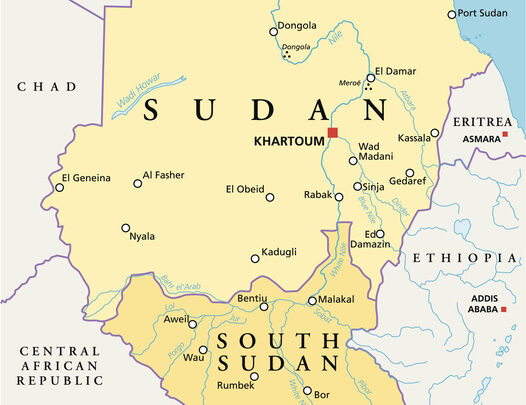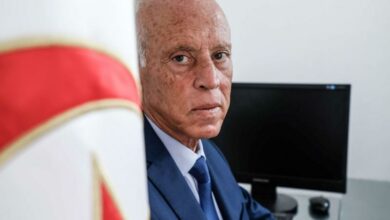World
Sudan: UAE, Saudi Arabia To Send $3 Billion Worth Of Aid

The United Arab Emirates and Saudi Arabia on Sunday announced they had agreed to send $3 billion worth of aid to Sudan in a bid to infuse a lifeline into the country’s new military leaders following the ousting of president Omar al-Bashir.
According to Reuters, the two Gulf Arab countries will deposit $500 million with the Sudanese central bank and pump in the rest in the form of food, medicine, and petroleum products.
“This is to strengthen its financial position, ease the pressure on the Sudanese pound and increase stability in the exchange rate,” the Saudi Press Agency said.
The funds were pledged “out of a sense of duty toward the Sudanese people,” the statement released by Saudi Arabia and the U.A.E. read.
The aid comes amid wrangling between the protestors and the Transitional Military Council (TMC), which is under pressure from protesters, the African Union, and the U.S. to give way to a civilian government. The protestors are demanding that civilians lead a two-year transitional period as they fear the military has intentions to cling to power or appoint another general like al-Bashir.
The main opposition group on Sunday said it was escalating its protests and suspending talks with the army council, as the council has not shown any interest in surrendering power. The demonstrators continued their long-running sit-in outside army headquarters in Khartoum to express displeasure with the Gulf aid, describing it as interference in their movement.
“We don’t want aid from Saudi Arabia, even if we have to eat fuul and ta’amiya,” the protestors were heard chanting.
During a television interview on Sunda, the military council’s head, Abdel Fattah al-Burhan, said that it’s ready to hand over power as soon as Sudan’s political factions agree on a way forward. He added the military is considering constituting a civilian council but with a military representative.






